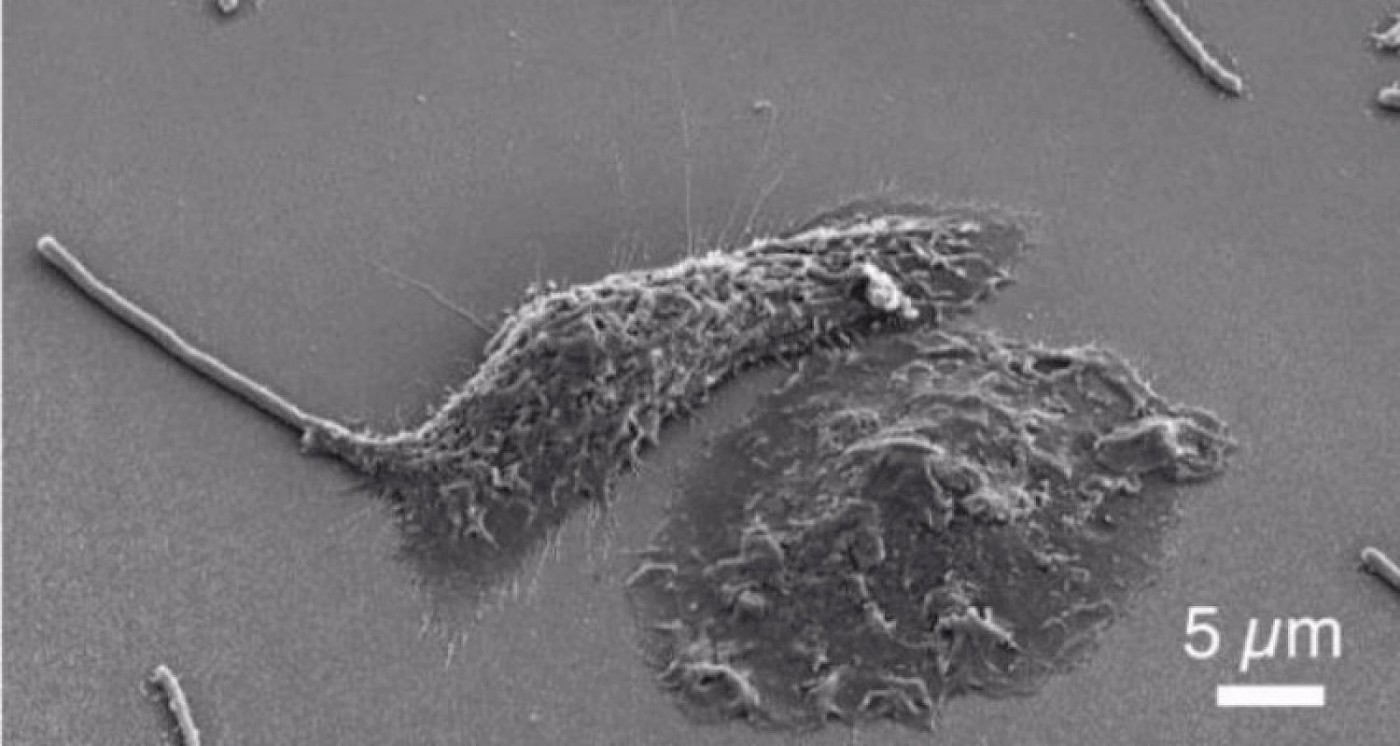Mechanobiology: How Our Immune Cells Fight Bacterial Infections

How do our immune cells fight bacterial infections, particularly in cases where bacteria hold on tightly to tissue fibres or implant surfaces? What do we really know about the hunting behaviour of our immune cells, and once caught, about the nanomechanics of gobbling up bacteria? The fight of bacteria with immune cells has many mechanical aspects that have found little attention until recently. Even though many strategies have been applied by mankind to fight bacterial infections, primarily designed to either kill bacteria via antibiotics, little attention has furthermore been given to asking how these pharmaceutical strategies might compromise the efficiency of our own immune cells. Unexpectedly, novel insights into nanomechanical aspects also revealed some adverse and unanticipated side effects how common antibacterial drugs impair the ability of our immune cells to fight infections.
About the Speaker:
Dr Viola Vogel is a Professor and Deputy Chair of the Department of Health Science and Technology heading the Laboratory of Applied Mechanobiology at the ETH Zürich, Switzerland. She exploits nanotechnology tools to decipher how bacteria and mammalian cells and micro-tissues exploit mechanical forces to recognise and respond to material properties and to their native environments. Professor Vogel started her faculty career at the Department of Bioengineering at the University of Washington at Seattle in 1990 to start a Molecular Bioengineering Program and became a Full Professor. She was the Founding Director of the Center for Nanotechnology at the University of Washington (1997-2003) prior to her move to Switzerland in 2004, where she initially joined the Department of Materials and then co-founded the new Department of Health Sciences and Technology (2012). She is a core faculty member of the newly founded Wyss Translational Center Zurich (2015). She is a recipient of many international awards. Her research was awarded the Otto-Hahn Medal of the Max-Planck Society 1988, the “First Award” from the Institute of General Medicine (National Institutes of Health USA, 1993-98), the Julius Springer Prize 2006 for Applied Physics, the ERC Advanced Grant (European Research Council 2008-13), the International Solvay Chair in Chemistry Brussels 2012, and an Honorary Degree Doctor of Philosophy from Tampere University, Finland 2012. She also served as Rapporteur for the Max-Planck Society (Physical-Chemical Technical Division 2012-2013), as Panel Member Representing the European Research Council at the World Economic Forum in Davos (2013), as Jury Member for the Queen of Elizabeth Prize for Engineering (2014- present), and is a Member of the World Economic Forum Global Agenda Council on Nanotechnology (2014-2016).



